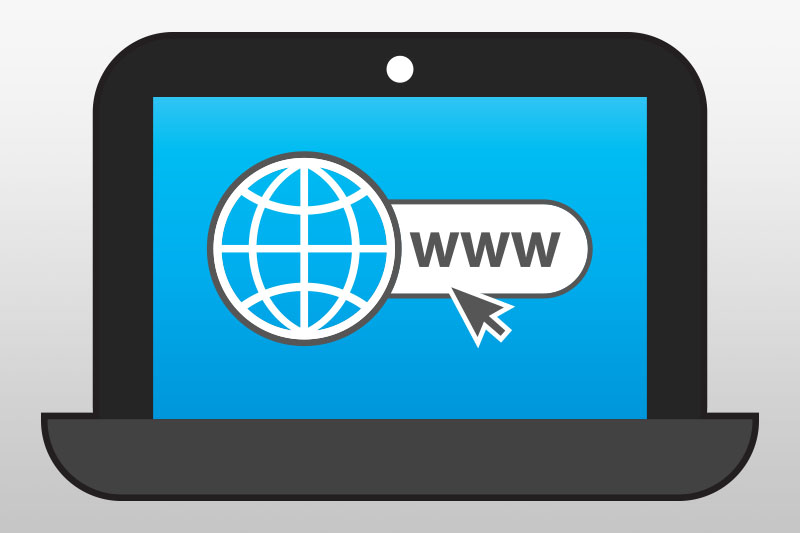
By Heidi J. Ellsworth, HJE Consulting.
In today’s world where efficiency and precision take precedence, technology is a key component when it comes to doing business within the contracting community. Technology comes in many shapes and sizes but leading contractors are realizing that if they are not progressive in their use of technology they are going to be left behind.
Technology is not just software, it is using services and cloud-based solutions to help increase productivity for the company and employees. Exploring multiple types of technology and evaluating their effectiveness for a roofing company, no matter the size or type can play an important part in the growth of a business. In this technological age, it is essential to incorporate technology into the business’ processes and culture. In fact, contractors are finding that they can get more done, faster by using technology while staying ahead of the competition.
New technologies and applications are introduced literally every day. Understanding what is beneficial for a roofing business and more importantly, the best technology for the size of the business is critical for success. Here are a few important sales and marketing technologies that can make a difference in growing sales and profitability in 2017.
Websites
The number one, most important marketing technology is a website. It needs to provide enough information about the company so potential customers will act by requesting estimates or additional information for projects. A customer wants to feel confident in the vendor’s experience and professionalism. By validating the company’s expertise concerning high-quality work, long-term service and excellent responsiveness along with strong knowledge of the latest products and technologies, customers will be enticed to respond. This can all happen on a website. The quality of information will speak to the customers long before they pick up the phone.
A website should be dynamic, meaning that the content is fresh and always up to date. It should feature a section or blog on the site that provides short articles and information that customers will find interesting. Press releases and other news should be shared regularly on the site. A good website will have a prominent button or link on every page that a visitor can click on to request an estimate. Ask them to complete a form that captures their contact information (name, address, phone, and email) but also use the opportunity to try to gather some basic qualifying information.
Finding a good website developer can be challenging but there are several options. Everything from do-it-yourself, to leasing a website, to finding a knowledgeable internet marketing agency are available. Before hiring a company to update or develop a website, take the time to look at other websites and note what is impressive. Often the name of the company that developed the site is noted at the bottom of the homepage. By pulling information together ahead of meeting with developers, it will save time and money when working with a new web development company. Lastly, look internally first. Often there are employees who can create websites or work on marketing projects who are already on the payroll.
Smart Devices
It does not seem possible to survive in today’s world without a smart device and that is especially true when it comes to business. Smartphones allow contractors to be in touch immediately with their customers giving them the edge when it comes to customer service. The agility of utilizing smartphones makes sense for communication with other employees while providing the overall benefit of informed customers.
It is important to use phones in a way that works with customers, so knowing their preferences concerning email, text or phone usage is beneficial for creating enhanced communications. As part of the sales process, ask how the customer would prefer to receive their project communications. A critical part of utilizing technology is understanding how customers want to interact with that technology.
Smartphones and or tablets make day-to-day business easier on the road, hopefully eliminating some of the late-night work. Asking vendors, such as manufacturers and distributors, about their technology offerings and especially finding out which apps make working with them easier helps both businesses. To be able to order materials, reports or services through the phone or tablet can lead to efficiency and time savings.
In deciding which smart device to use, take the time to coordinate the company’s phones, tablets, and computer system with cloud-based software in a way that all devices can speak to each other. This creates an easy, efficient means of transferring data and documents while also documenting customer discussions.
Customer Relationship Management
There are several Customer Relationship Management (CRM) systems designed for roofing professionals. CRM systems have evolved significantly over the years from server-based systems such as ACT to simple contact management solutions such as Microsoft Outlook or Excel to cloud-based, enterprise-level software like Salesforce. In the roofing world, there are many contractor CRM software systems that help manage customers. They are often also connected to project management and/or accounting software.
Questions to ask when looking for a CRM system include how the program works for residential vs. commercial business. Ideally, will it handle both. There are companies that are very focused on residential projects with functionalities that track canvassing, sales and overall leads. Commercial roofing software may focus more on inspections, service, and maintenance and may feature a customer portal that allows property owners to access service records and to request maintenance online. Depending on the business model of the roofing company, residential, commercial or both, the CRM needs to fit the business. As roofing companies continue to grow and gain sophistication, an important element for any CRM systems is the ability to track customer’s overall data and retain that data for long-term use.
No matter the CRM chosen, the key is to maintain a strong, up-to-date customer database that becomes not only a historical view of customers and projects but also a strong database for future sales and marketing. By using a CRM software instead of an Excel document or a Rolodex, customer contact can be automated and shared including notes, past correspondence, property data, material preferences and/or potential future projects.
